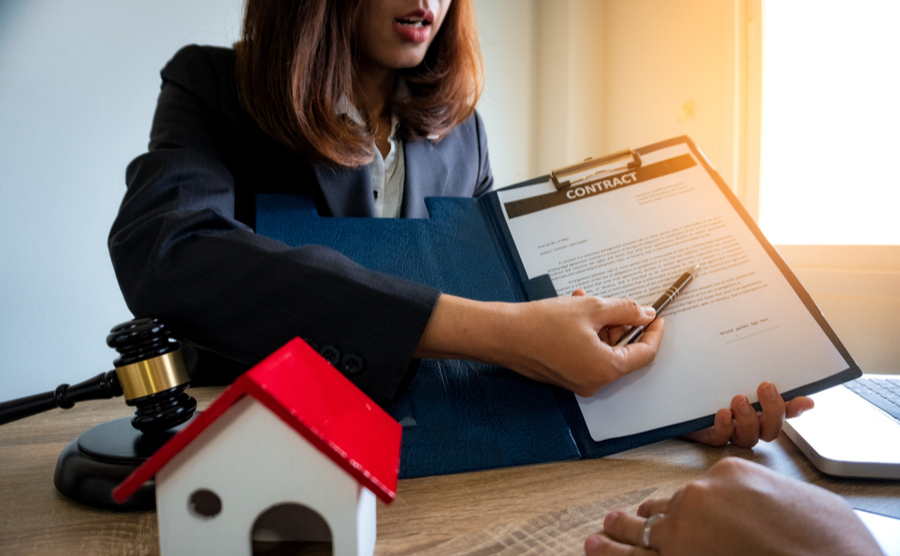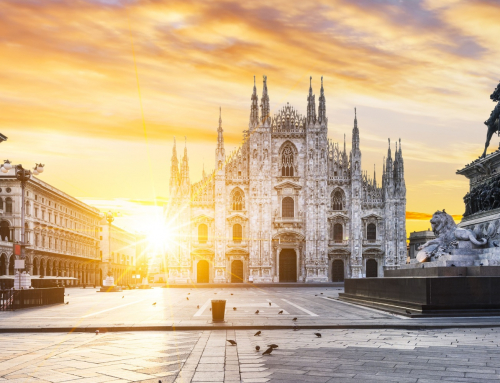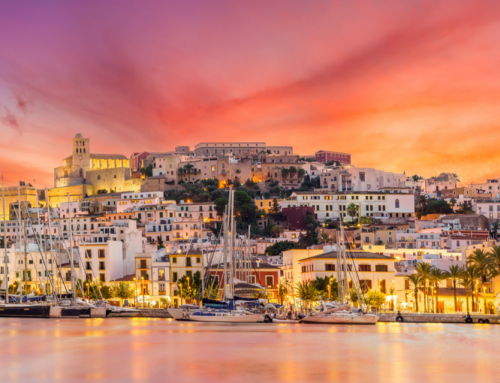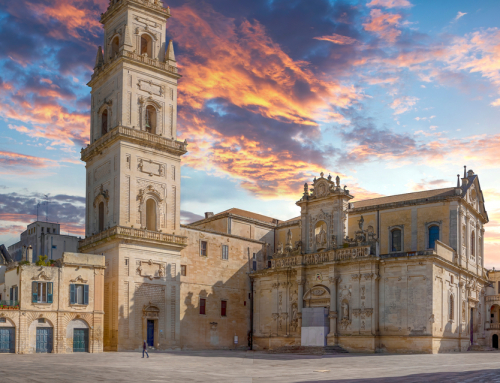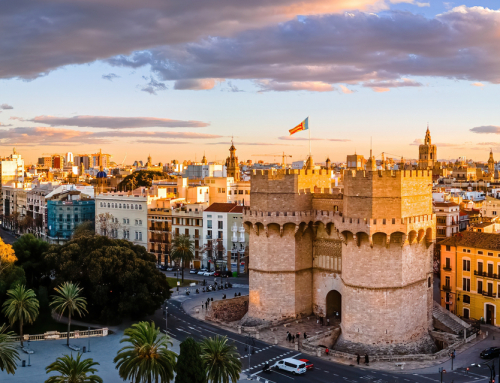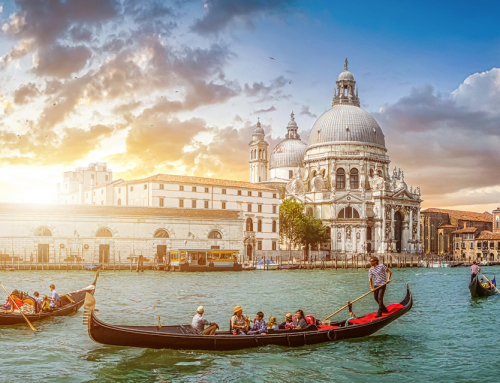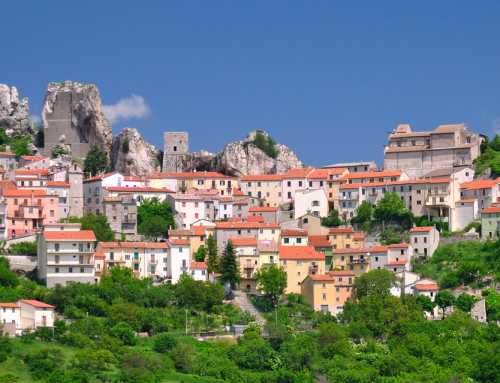Search for information about buying property in France and you’ll find countless results reminding you to involve the ‘notaire‘. But who actually is this figure – and what is his or her role? How do they impact the property purchase process for expats moving overseas?
What is a notaire?
A notaire, or notary in English, is a public figure whose office dates all the way to the 4th century AD, when ‘Gaullish notaries’ were involved in land registry in the Roman Empire.
His or her role is to represent the French state in authenticating documents and deeds, by officially signing and sealing a document. Although holding public authority, notaires are in fact self-employed. As such, they’re paid not by the public sector payroll but by their clients – like you. Their office is known as an étude, of which there are more than 6,000 nationwide.
It’s important to remember that the notaire above all represents public interest. They don’t represent you or any other party – they are entirely neutral. They guarantee both confidentiality and neutrality.
How are they involved in property transactions?
A notaire is involved in every stage of your property purchase, right from the promesse de vente. Their principal role is the legal signing and guarantee of documents, but they will also carry out checks to make sure everything is legally proper.
For example, at the beginning, they will verify the identities of any involved parties, the seller’s title deeds to the property and the applicable planning laws. They’ll also check the mortgage situation of the home. This is absolutely crucial, as they’re requirements for when you come to have the final deed drawn up by the notaire.
The key stages when you’ll be working with them are the following:
- Compromis de vente: This is the document that officially declares the sellers intention to sell to you and your intention to buy from them, with a ten-day cooling-off period.
- Conveyancing: They’ll carry out the checks listed above, within a delay of around three months.
- Acte de vente: This is the actual purchase deed to the house. Completion is a formal event, where the notaire reads the deed and asks for both parties’ signatures. He or she will then also sign to give official approval.
- Enregistrement: The notaire will publish the act in the Land Registrar and pay the fees and taxes to the tax administration service.
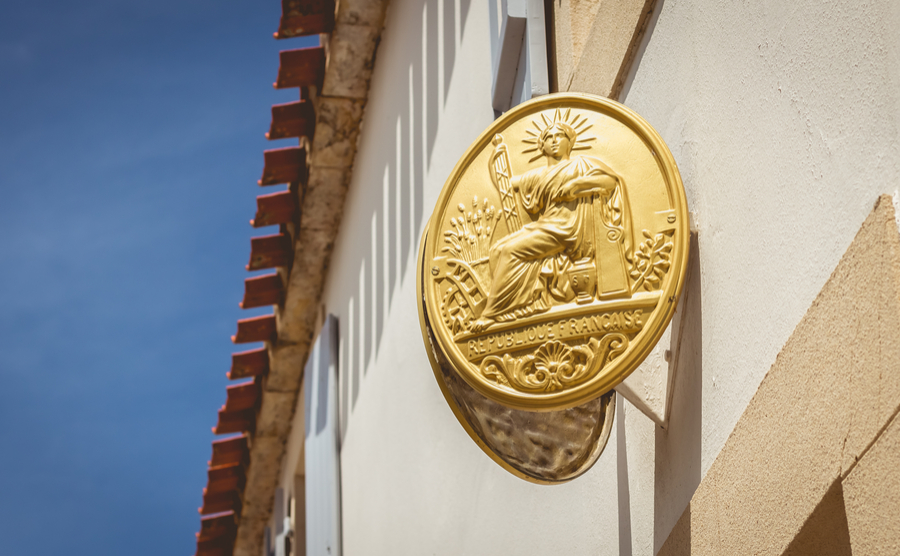
The notaire’s ‘lady liberty’ symbol is an instantly recognisable sign of the French Republic.
Do I need to use the same notaire as the seller?
Not necessarily. If you do, it’s usual to split the fees, so it is cheaper. As a notaire is impartial, it’s generally not an issue to do so. The only cases you may find yourself wanting to use another could be if the seller’s isn’t bilingual and you don’t speak French, or you want one with experience in helping expats.
What happens after the property purchase?
The notaire‘s role isn’t done yet! They’ll keep on file your property deed for at least 75 years in their office. After this, the deeds pass into the French National Archive – soon, this will be done electronically. If a lot is subdivided in the future, or you require planning permission, they’ll again be involved, using their expertise in the property.
What are the fees to expect?
These are relatively complex and depend on the property. Although people often talk about notary fees/frais de notaire, they’re actually the acquisition fees/frais d’acquisition. Of these the notaire’s own fee makes up only a small part.
Acquisition fees are, therefore, made up of the following:
- Emoluments: The notary’s fees
- Droits d’enregistrement: Stamp duty fees
- Frais et débours: Costs and disbursements
Stamp duty depends on the geographical location, but will normally be either 3.8% or 4.5% of the property price. Costs and disbursements depend on your exact case. The notary’s own fees are based on a sliding scale:
| €0 to €6,500 | 3.945% |
| €6,500 to €17,000 | 1.627% |
| €17,000 to €60,000 | 1.085% |
| Above €60 000 | 0.814% |
As a property owner, you’ll also need to pay property taxes further down the line – find out more about them in our dedicated article.
–
If you are ready to buy in France, download the France Buying Guide
Why not split the cost and double the fun of owning a holiday in France by buying with family or friends? Read our guide to Buying Abroad with Family
You are looking for a property in France? Search on Green-Acres
Want to sell your property on Green-Acres? Advertise on Green-Acres

